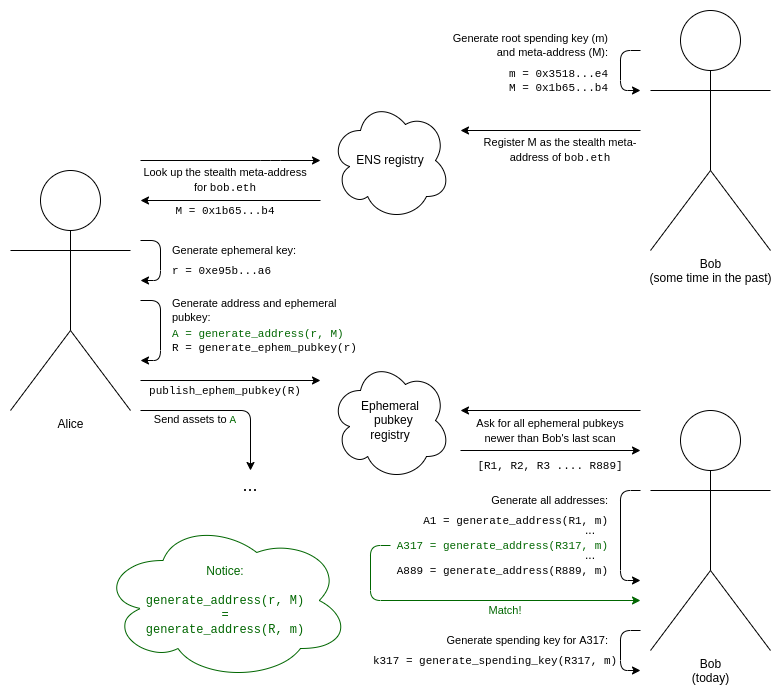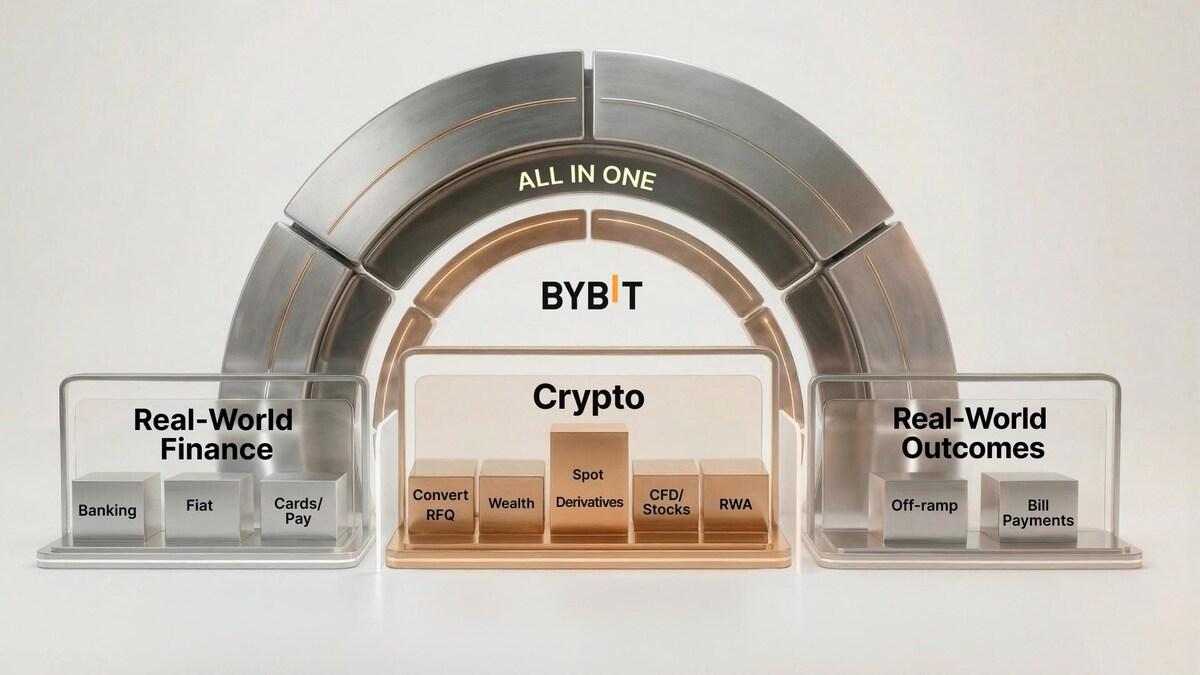Key Points:
- The largest remaining challenge on Ethereum, privacy, has a potential answer, according to Vitalik Buterin, co-founder of Ethereum.
- He then came up with the idea of “stealth addresses,” which he said had the ability to safeguard users by possibly making peer-to-peer transfers of NFTs and registrations for the ENS anonymous.
- While stealth addresses seem to have a complicated theoretical foundation, Buterin has previously called them a low-tech approach in comparison to other Ethereum privacy options.
The largest remaining difficulty on Ethereum, specifically privacy, has a potential solution, according to Ethereum co-founder Vitalik Buterin.

Buterin recognized the need for a privacy solution in a blog post on January 20. By default, every data that is placed onto a “public blockchain” is also public.
He then came up with the idea of stealth addresses, which he said had the ability to safeguard users by possibly making peer-to-peer transfers of nonfungible tokens (NFTs) and registrations for the Ethereum Name Service (ENS) anonymous.
Buterin describes how two parties can conduct anonymous on-chain transactions in the blog post. Here is the example he gave:
“Suppose that Alice wants to send Bob an asset. This could be some quantity of cryptocurrency (eg. 1 ETH, 500 RAI), or it could be an NFT. When Bob receives the asset, he does not want the entire world to know that it was he who got it. Hiding the fact that a transfer happened is impossible, especially if it’s an NFT of which there is only one copy on-chain, but hiding who is the recipient may be much more viable. Alice and Bob are also lazy: they want a system where the payment workflow is exactly the same as it is today. Bob sends Alice (or registers on ENS) some kind of “address” encoding how someone can pay him, and that information alone is enough for Alice (or anyone else) to send him the asset.
Note that this is a different kind of privacy than what is provided by eg. Tornado Cash. Tornado Cash can hide transfers of mainstream fungible assets such as ETH or major ERC20s (though it’s most easily useful for privately sending to yourself), but it’s very weak at adding privacy to transfers of obscure ERC20s, and it cannot add privacy to NFT transfers at all.”

“Stealth addresses provide such a scheme. A stealth address is an address that can be generated by either Alice or Bob, but which can only be controlled by Bob. Bob generates and keeps secret a spending key, and uses this key to generate a stealth meta-address. He passes this meta-address to Alice (or registers it on ENS). Alice can perform a computation on this meta-address to generate a stealth address belonging to Bob. She can then send any assets she wants to send to this address, and Bob will have full control over them. Along with the transfer, she publishes some extra cryptographic data (an ephemeral pubkey) on-chain that helps Bob discover that this address belongs to him.
Another way to look at it is: stealth addresses give the same privacy properties as Bob generating a fresh address for each transaction, but without requiring any interaction from Bob.”

Buterin stated that in order to prevent the connection between the stealth address and the user’s meta-address from being publicly observed, a Diffie-Hellman key exchange, as well as a key blinding mechanism would need to be created.
The co-founder of Ethereum stated that transaction fees might be paid using ZK-SNARKs, a cryptographically secure technique with built-in privacy features.
He noted that this costs a lot of gas, an extra hundreds of thousands of gas merely for a single transfer, emphasizing that this may cause issues of its own in the short run.

Stealth addresses are a low-tech approach, according to Buterin, for surreptitiously transferring ownership of ERC-721 tokens, sometimes referred to as NFTs, in August.
The co-founder of Ethereum noted that the stealth address idea offered privacy in a different way than the already sanctioned Tornado Cash by the U.S. Office of Foreign Asset Control (OFAC).
DISCLAIMER: The Information on this website is provided as general market commentary and does not constitute investment advice. We encourage you to do your own research before investing.
Join us to keep track of news: https://linktr.ee/coincu
Harold
Coincu News






















